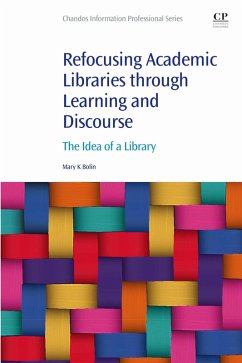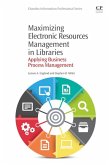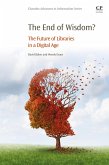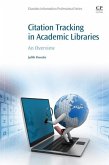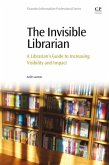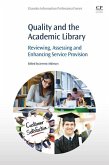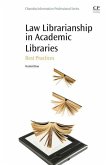Academic libraries are changing in the face of information technologies, economic pressures and globally disruptive events such as the current pandemic. As a result, practical solutions for transforming organizational and workflow structures for the future are desperately needed. The title analyzes existing organizational structures and proposes new ones that can be adapted to individual libraries. It discusses the challenges posed by virtual learning environments, digital initiatives and resources, changes to cataloging standards and succession planning, as well as changes brought about by the current pandemic.
- Presents a clear analysis of organizational patterns and divisions of labor in the future of the academic library
- Gives specific organizational models and presents a process for planning and implementing organizational transformation
- Advocates for, and supports the radical transformation of, library organization and workflow structures
- Proposes a collaborative process for transforming academic libraries into future-ready organizations
- Considers current challenges and aims to support the design of new organizations ready for the second quarter of the 21st century and beyond
Dieser Download kann aus rechtlichen Gründen nur mit Rechnungsadresse in A, B, BG, CY, CZ, D, DK, EW, E, FIN, F, GR, HR, H, IRL, I, LT, L, LR, M, NL, PL, P, R, S, SLO, SK ausgeliefert werden.

